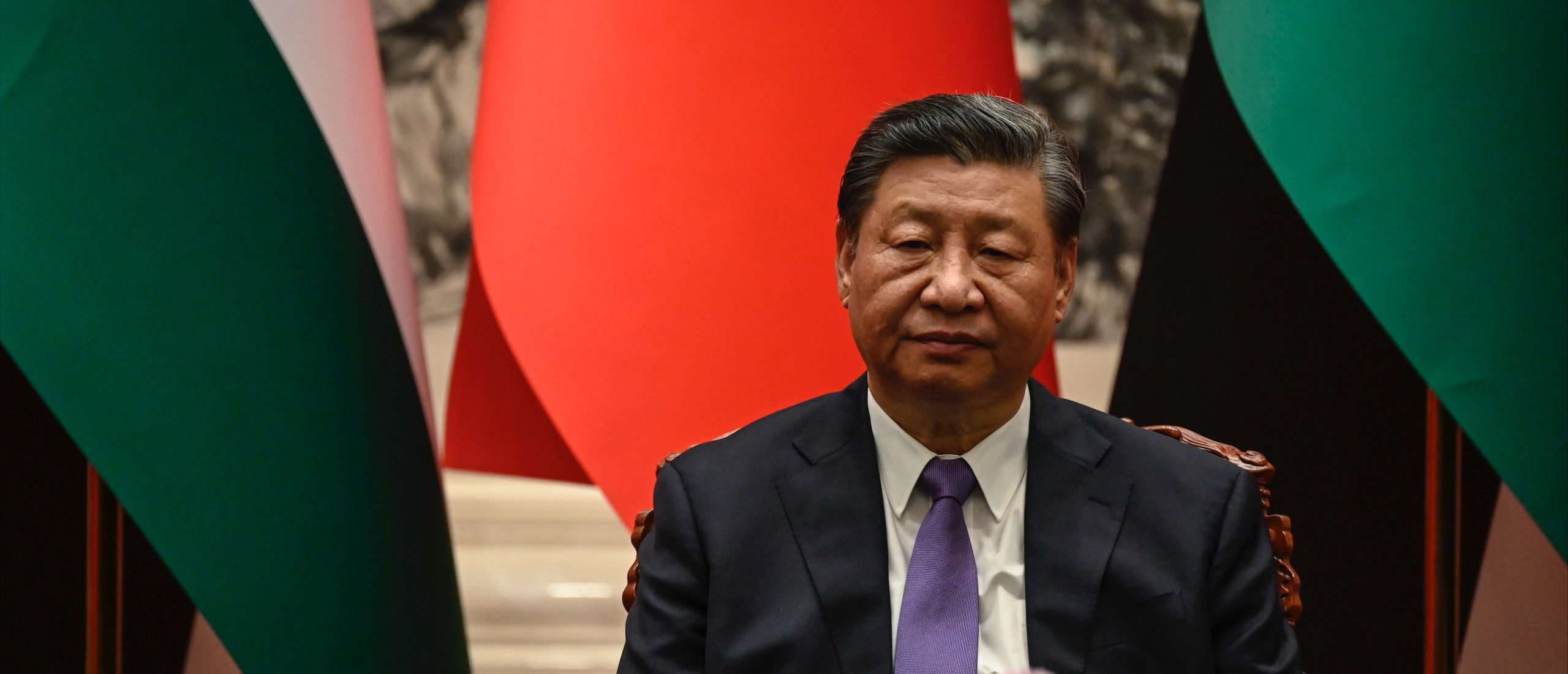 Victor Davis Hanson: The Great China-American Abyss" title="Victor Davis Hanson: The Great China-American Abyss" />
Victor Davis Hanson: The Great China-American Abyss" title="Victor Davis Hanson: The Great China-American Abyss" />

Victor Davis Hanson: The Great China-American Abyss
Victor Davis Hanson, a renowned historian and classical scholar, has often been an unflinching critic when it comes to China’s growing influence and its impact on American interests. In his thought-provoking article, appropriately titled “The Great China-American Abyss,” Hanson delves deep into the complex dynamics between these two global powers and the potential dangers that lie ahead.
Hanson argues that while China has experienced tremendous economic growth and modernization in recent decades, its system is fundamentally opposed to the values and principles that have shaped America’s success. From an authoritarian regime that tramples on individual liberties to state-controlled industries that spread geopolitical influence, China challenges the very essence of the American way of life.
One of the key points Hanson makes in his analysis is China’s relentless pursuit of technological supremacy. Rapid advancements in artificial intelligence, robotics, and cyber warfare have positioned China as a formidable challenger to America’s technological dominance. Hanson argues that China’s state-backed initiatives and state-sanctioned intellectual property theft have put the United States in a precarious position, as it becomes increasingly dependent on a rival power for essential technologies.
Hanson also sheds light on China’s expanding military ambitions and its aggressive stance in the South China Sea. China’s brazen actions, such as constructing military installations on contested islands and expanding its naval capabilities, have significantly raised tensions in the region. Hanson fears that this brinkmanship might eventually lead to a direct military confrontation between China and the U.S., with potentially catastrophic consequences.
Moreover, the historian highlights China’s predatory economic practices and its impact on American industries. From dumping subsidized products onto global markets to forcing technology transfers as a condition for market access, China has gained an unfair advantage over American companies. This not only undermines American competitiveness but also jeopardizes national security as critical industries become vulnerable to foreign control.
Hanson acknowledges that the U.S. has its share of vulnerabilities in this complex equation. Political gridlock, inadequate investment in key sectors, and an education system that struggles to keep pace with rapid technological advancements are some of the critical challenges that the U.S. must address to maintain its global standing.
However, Hanson does identify some rays of hope. The historian believes that America has the potential to overcome these challenges and preserve its position as the world’s leading superpower. By harnessing its innovative spirit, investing in research and development, and nurturing strong alliances with like-minded nations, the U.S. can stand against China’s ascendancy.
“The Great China-American Abyss” serves as a wake-up call, urging policymakers, businesses, and citizens to recognize the threats posed by China’s rise and take the necessary steps to safeguard American interests. Hanson’s insights into the China-American relationship compel us to reflect on whether our current trajectory will lead to a mutually beneficial coexistence or a dangerous clash of power.
In the face of China’s increasing influence, Hanson’s work encourages us to address the deep-rooted issues that jeopardize American prosperity and security. How the U.S. responds to these challenges will shape not only its own future but also the global landscape in the coming years.